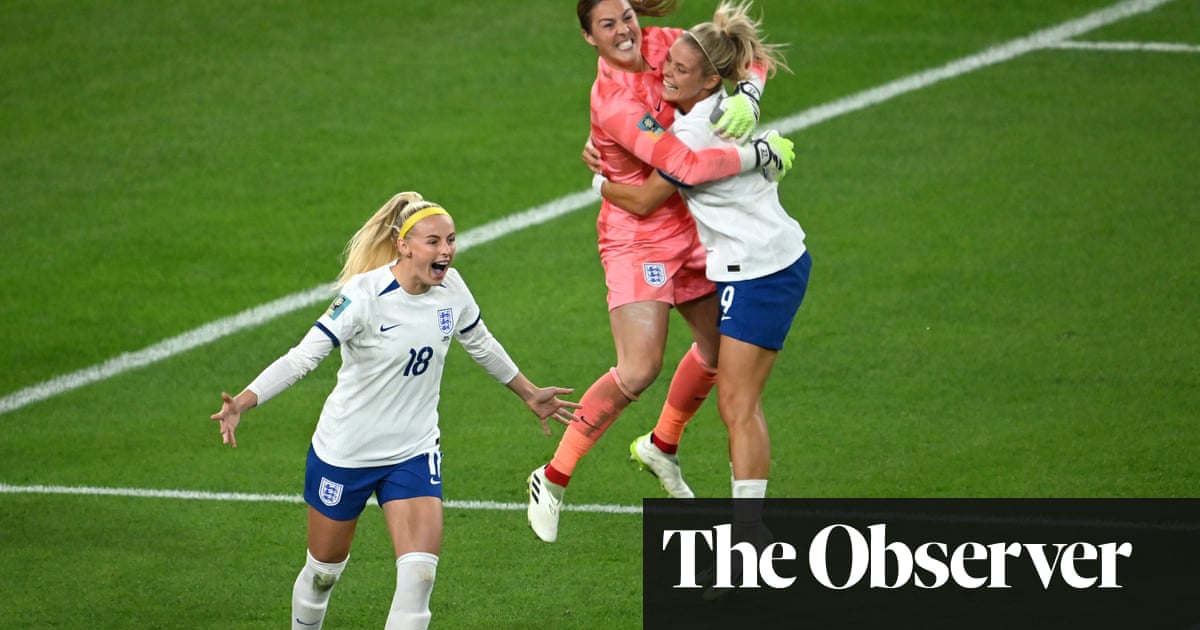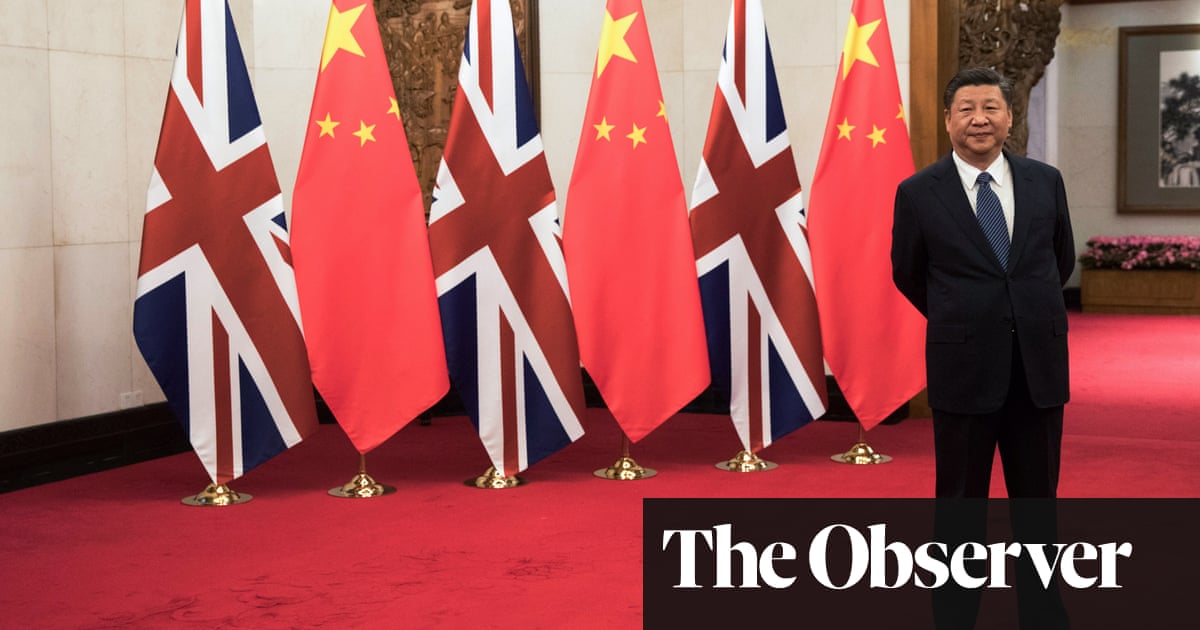
On Saturday 30 July 1966 the then prime minister, Harold Wilson, took his seat in the royal box at Wembley to watch England play West Germany.
If ever there were a moment for sporting triumph to prompt an economic feelgood factor it was when Geoff Hurst raced through in the final seconds to seal England’s 4-2 victory.
It never happened. The behaviour of consumers over the next few months was determined not by success at Wembley but by the austerity plan Wilson had announced 10 days earlier.
For football fans, July 1966 is forever associated with the World Cup; for political junkies it was the month of the July measures: spending cuts and tax increases designed to ease pressure on sterling. The next 15 months saw a grim and ultimately doomed battle to prevent the pound’s devaluation.
Roll the clock forward 46 years to 4 August 2012, to the London Olympics. Within the space of 44 minutes, Britain won three gold medals courtesy of Mo Farah in the 10,000 metres, Jessica Ennis-Hill in the heptathlon and Greg Rutherford in the long jump.
Yet if the nation saw Super Saturday as an excuse to spend more freely it was hard to detect from the official figures. In the fourth quarter of 2012, the economy shrank by 0.3%. A government report that hosting the games had boosted trade and investment by £10bn was rubbished by the Federation for Small Businesses, which said expected spinoff contracts had failed to materialise.
Some economists think it might be different this time. According to the Bank of England, consumers have built up cash reserves of £200bn due to the lack of spending opportunities caused by the restrictions of the past 16 months. Supermarkets are stocking up on beer, champagne and party food for England’s match against Italy, and victory could well prompt a modest increase in consumer spending.
The economist Julian Jessop said any impact from the football would be far less significant to everything else going on in the economy, particularly the lifting of Covid restrictions.
“I’d love to say winning Euro 2020 will boost the UK economy – or at least the English bits – but it wouldn’t change any of the fundamentals,” he said
Jessop’s view fits with the evidence. There was no boost to the economy when England made it to the semi-finals of the World Cup in 1990 because household budgets were being squeezed by a 15% interest rate. While Gazza was shedding tears in Turin, record numbers of people were having their homes repossessed and unemployment was heading for 3 million.
It was a different outlook by the time of England’s next penalty shootout heartbreak at the 1996 Euros. Interest rates were lower, the housing market was recovering and growth was strong. Success at football was not necessary to generate a feelgood factor because the state of the economy meant there was one anyway.
In the buildup to the Euro 2020 tournament the economy has been growing fast as it makes up ground lost during last year’s record-breaking slump in output. That trend will continue over the coming months whether or not Harry Kane becomes the first England football captain to lift a major trophy since Bobby Moore in 1966.
That’s not to say there won’t be winners from Euro 2020. Consumption and gambling will both increase. Commenting on the latest results of the sports betting firm Entain, Sophie Lund-Yates, an equity analyst at Hargreaves Lansdown, said: “An appearance in the final is an open goal for the group, and will be a boon for sports wagers.”
There will certainly be a feelgood factor for brewers and bookmakers.












